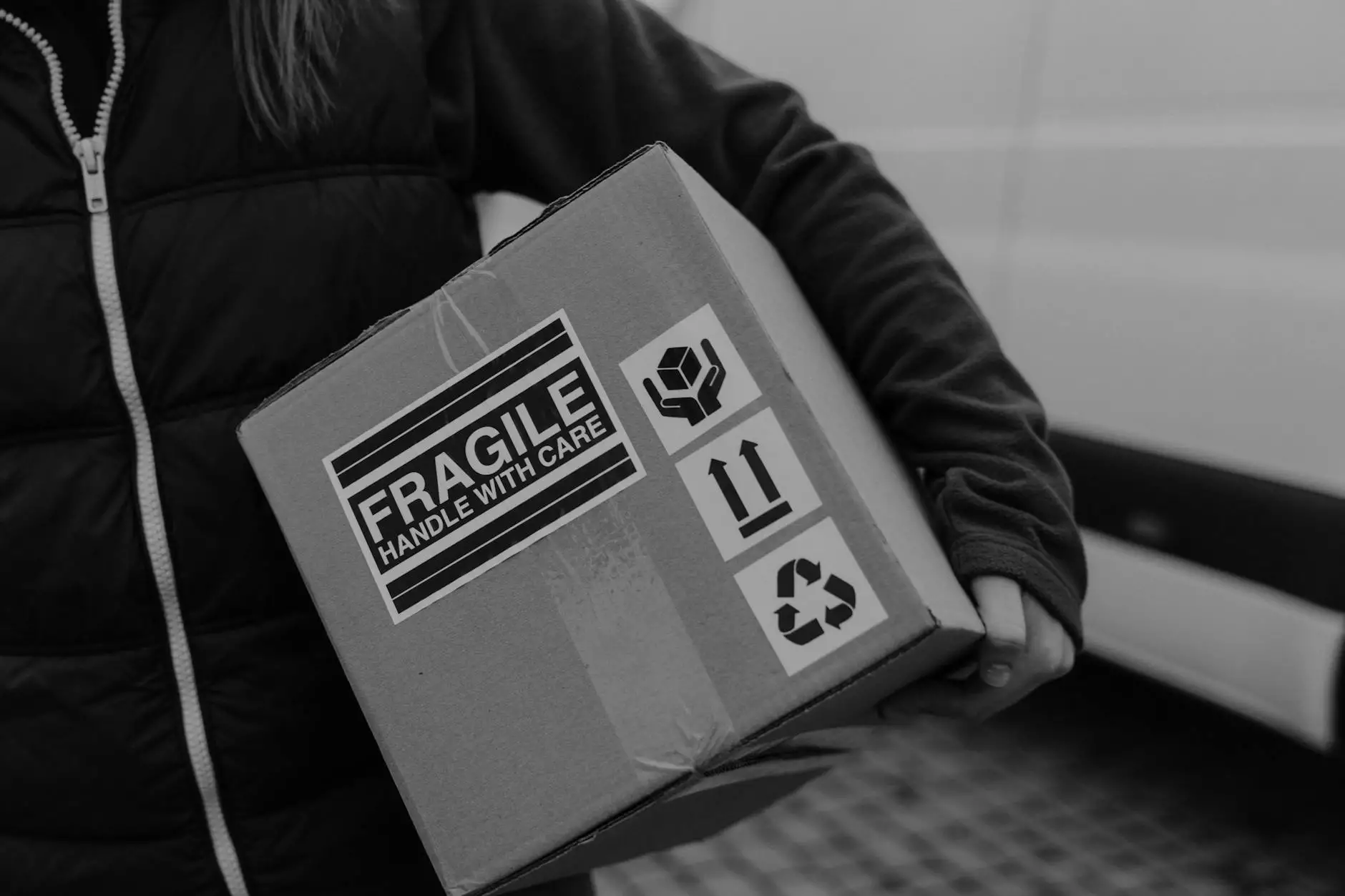Effective Cooking Oil Waste Disposal: A Guide for Businesses

The food industry is one of the most vital sectors of our economy, and with its growth comes an increased responsibility for sustainable practices. One critical aspect that businesses often overlook is cooking oil waste disposal. Proper disposal not only helps in complying with environmental regulations but also promotes sustainability and can even contribute to a company's profitability.
Why Proper Cooking Oil Waste Disposal is Essential
Improper disposal of cooking oil can have severe consequences for the environment and public health. Here are some key reasons why it is essential for businesses to manage their cooking oil waste effectively:
- Environmental Protection: Used cooking oil can contaminate water sources, harming aquatic ecosystems.
- Regulatory Compliance: Many regions impose strict regulations regarding waste disposal. Non-compliance can lead to hefty fines.
- Brand Reputation: Companies that follow sustainable practices can enhance their public image and attract environmentally-conscious consumers.
- Resource Recovery: Proper disposal methods can allow businesses to recycle and recover valuable resources such as biofuels.
Understanding Cooking Oil Waste
Cooking oil waste primarily refers to used oils from frying and cooking processes. These oils can be vegetable-based, such as sunflower oil, or animal fats. The hazardous nature of these wastes lies in their ability to:
- Block drainage systems and sewage treatment facilities, leading to costly infrastructure repairs.
- Cause water pollution, impacting local wildlife and ecosystems.
Therefore, it's crucial to implement a waste disposal strategy that addresses these challenges effectively.
Methods for Cooking Oil Waste Disposal
There are several methods for disposing of cooking oil waste. Each method has its pros and cons, and the choice often depends on the volume of waste generated and the specific business needs. Here are some prevalent methods:
1. Recycling Used Cooking Oil
One of the most sustainable methods is to recycle used cooking oil. When recycled, cooking oil can be converted into biodiesel, a renewable energy source that can power vehicles and machinery. Here's how the recycling process generally works:
- Collection: Used cooking oil is collected in designated containers.
- Filtration: The oil is filtered to remove food particles and impurities.
- Transesterification: The filtered oil undergoes a chemical process to create biodiesel.
Businesses like Refine Sunflower Oil not only supply sunflower oil for cooking but can also facilitate the recycling process, helping you manage waste responsibly.
2. Disposal Through Water Treatment Facilities
If recycling is not an option, businesses can dispose of used cooking oil through local water treatment facilities. However, this method requires caution and adherence to local waste management regulations. Here are the steps involved:
- Consult Local Authorities: Always check with local waste management authorities to understand regulations.
- Pre-treatment: Some facilities might require pre-treatment of the oil to remove contaminants.
3. Composting and Organic Uses
Another innovative method includes composting. Small amounts of used vegetable cooking oil can be added to compost mixtures. However, it is essential to limit the quantity to avoid attracting pests. Organic farmers often find creative ways to repurpose cooking oil as a soil conditioner.
Innovative Solutions in Cooking Oil Waste Disposal
Technological advancements are paving the way for innovative solutions in cooking oil waste disposal. Here are some cutting-edge methods being explored:
1. Waste-to-Energy Technologies
Waste-to-energy technologies convert cooking oil into energy, which can be used to power various operations within a business. This technology not only helps in waste management but also reduces energy costs.
2. Microbial Biomass Conversion
Research is underway on utilizing microbes to convert used cooking oil into useful products like bioplastics or additional biofuels. This innovative approach can significantly reduce waste while creating new revenue streams.
Best Practices for Businesses in Cooking Oil Management
Effectively managing cooking oil waste requires a strategic approach. Here are some best practices that businesses can implement:
1. Regular Staff Training
Ensure that staff members are well-trained in the proper disposal procedures. Regular training sessions can mitigate errors and reinforce the importance of sustainable practices.
2. Use of Designated Containers
Provide clearly labeled containers specifically for used cooking oil. This helps streamline the disposal process and prevents cross-contamination with other waste materials.
3. Partner with Professionals
Collaborating with waste disposal companies that specialize in recycling and environmentally friendly practices can optimize your waste management strategy. It’s crucial to choose partners who are transparent about their processes and sustainable practices.
4. Monitor Waste Volume
Keeping track of the amount of cooking oil waste generated can help in planning better disposal methods and recycling efforts. Analyze trends and adjust practices based on findings.
5. Engage with the Community
Involve the local community in your sustainability efforts. You can set up collection events for used cooking oil or collaborate with local charities that convert waste into useful products.
Conclusion: The Future of Cooking Oil Waste Disposal
As the food industry continues to grow, businesses must embrace responsible practices for managing cooking oil waste disposal. By adopting innovative disposal methods, enhancing staff education, and partnering with industry leaders like Refine Sunflower Oil, companies can contribute to environmental sustainability while also improving their bottom line.
Ultimately, effective cooking oil waste disposal is not just an environmental obligation; it is a business opportunity. By taking proactive steps today, businesses can ensure a sustainable future for themselves and the planet.








